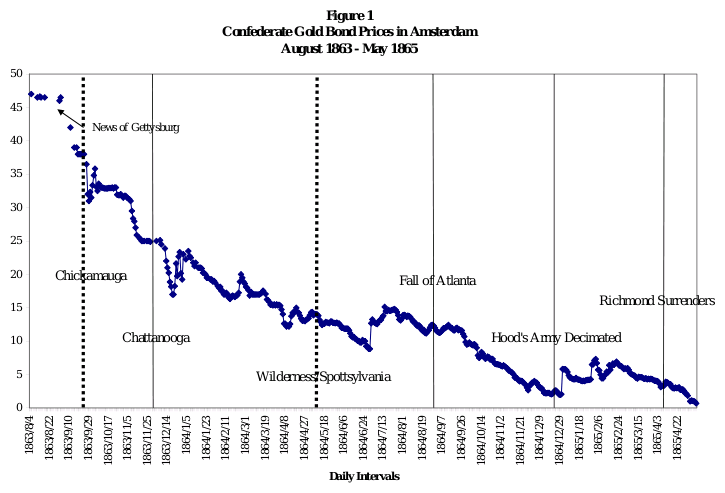New York Magazine cites an interview with Universal Music CEO Doug Morris from the WIRED December issue (not yet online) that supposedly shows that Morris and his industry are utterly clueless. The excerpt from NYMag, emphasis added:
“There’s no one in the record industry that’s a technologist,” Morris explains. “That’s a misconception writers make all the time, that the record industry missed this. They didn’t. They just didn’t know what to do. It’s like if you were suddenly asked to operate on your dog to remove his kidney. What would you do?”
Personally, I would hire a vet. But to Morris, even that wasn’t an option. “We didn’t know who to hire,” he says, becoming more agitated. “I wouldn’t be able to recognize a good technology person — anyone with a good bullshit story would have gotten past me.”
Actually, knowing your limitations is pretty smart. Too bad the industry did not stick to the strategy of not hiring technology people. Music startups would’ve flourished, and the industry could have snapped up the obvious winners. Instead, Morris and friends eventually fell for a complete bullshit story — DRM — that killed nascent startups and paved the way for Apple’s much-hated dominance.
Copyright turns even really smart technologists into disingenuous and even dangerous technology idiots (including me on occasion — the claims I dismissed in that last link, while overblown, may have some substance), so non-technologists should be really wary, and consistently so.
Update 20071128: The WIRED article is now online. Despite its sneering tone, I think Morris comes off as a shrewd businessperson.

